Digitalization of coffee logistics, a solution to overcome future challenges?
Written by Camila Khalifé
Even when it may seem evident that supply chain management and logistics are fundamental steps in the coffee value chain - given that without them coffee simply wouldn’t arrive to its final destination -, they are some of the less discussed stages of the coffee journey. It is almost as if it was not a ‘coffee subject’, but one exclusive to commerce and logistics people. We talk a lot about what happens before coffee is ready to ship and once it gets to its final destination, but we rarely dive deep into what it takes for these two ends to meet.
Long-lasting disruption in coffee supply chain management
For the past two years, supply chains have faced many challenges and coffee has not been the exception. The Covid-19 pandemic had a massive impact on consuming behavior around the world, which directly impacted the logistics sector. First, the decrease in demand for products manufactured and shipped from China, caused many carriers to stop providing their services and even going out of business. Then, port closures due to lockdowns and governments’ restrictions resulted in significant delays in deliveries and, as of today, we have not yet recovered from their impact. In addition, current lockdowns in China and the Russian invasion of Ukraine have exacerbated the situation, so this puzzling period does not seem to be coming to an end soon.
Furthermore, due to factors such as an increase in fuel pricing, inflation, weather conditions, labor shortage, along with others, cargo shipping prices have skyrocketed, conveying new challenges for those involved in logistics and definitely impacting all of us involved in the coffee industry.
As we can see, global supply chains are extremely complex and interconnected, so when they get affected, the impact does not take long to hit other stages of the coffee chain. For this reason, coffee players around the world are now looking for an alternative - usually more expensive - solutions to get their coffee shipped and delivered.
Towards digital alternatives for better risk management
With the aim of mitigating the effect of these uncertain circumstances, coffee companies are looking for new ways to counteract these logistics challenges. Among the many alternatives being adopted, the use of digital technology has started proving that reinventing logistics is possible. Automated solutions in different stages of the process are certainly contributing to improving monitoring systems and increasing operational efficiency. Automated loading and unloading systems in warehouses, solutions for ground transportation - like self-operating vehicles and drones -, or the use of blockchain to ensure product tracking, or to collect data for later execution of smart contracts, are a few examples of how digital solutions can make a meaningful change in trading and logistics.
Therefore, now is the perfect time to learn more about how technology can support supply chain operations, the role of these digital solutions, and how adopting them can have a significant impact on elements we may be more familiar with, such as coffee freshness and quality, on-time deliveries and roasting planning, and the price of coffee once it gets to its final consumer.
An introductory conversation
The Logic of Coffee Logistics is the webinar series organized by Digital Coffee Future that aims to provide an introductory understanding of the nexus between logistics & digitalization.
The webinars, which will take place on May 19th, June 2nd, and June 16th, will last one hour each, including 45 minutes of a stimulating talk among the speakers and the moderator, and 15 minutes of Q&A where the audience will have the opportunity to interact with them: The first webinar will introduce the topic of logistics overall, addressing the dynamics behind the use of digital services and tech platforms involved in the coffee supply chain execution; the second session will focus on three case studies that demonstrate a positive intersection between logistics and digital services in coffee supply chain management; and, finally, on the third session we will talk about the future, pointing out technology trends, sustainability, market, among others and how digitalization can support the transformation of the coffee supply chain management.
If you are a coffee producer, farmer cooperative, trader, roaster, tech provider, NGO, educator, barista or any coffee lover, you are more than welcome to join the conversation and learn more from fantastic industry experts who will shed some light on what is yet to come!
Camila Khalifé
Camila Khalifé (she/her) is the founder of Botánica, a café, quality lab & training center based in Quito-Ecuador. She has specialized in coffee quality and has worked closely with coffee producers from all over the country. She is now looking forward to getting more involved and contributing to community-led projects in the coffee sector.



